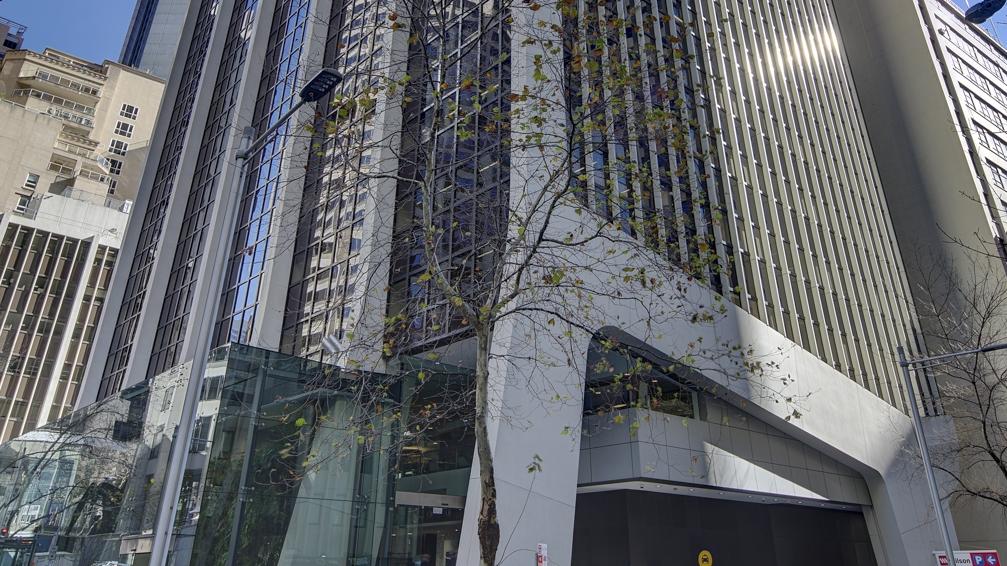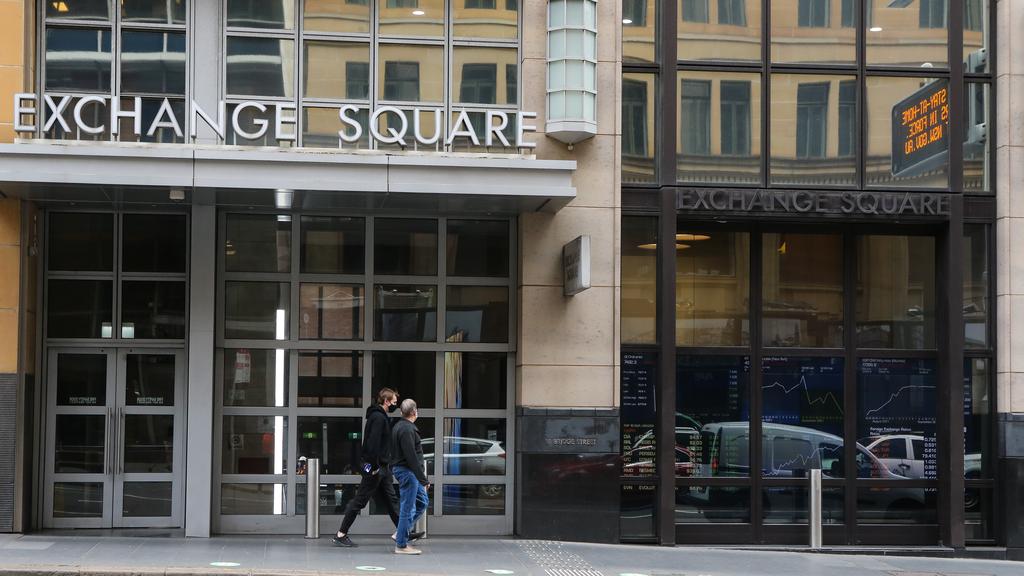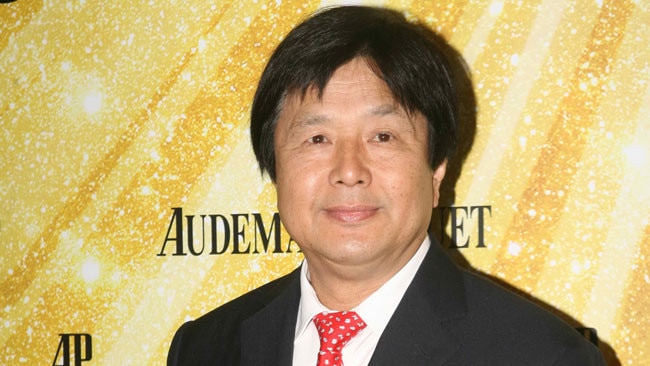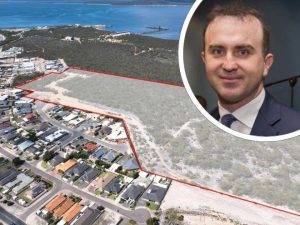Gateway office deals signal comeback

The top end of Sydney’s office market is showing its mettle.
The top end of Sydney’s office market is showing its mettle, with large building trades in train that will lead to a series of high-profile towers worth more than $1bn changing hands.
Investors are being drawn back into the market by the discounts available on top assets as they have fallen below their peak valuations. But the depth of capital now back chasing offices shows that the market is gaining momentum.
They are targeting well-let prime office buildings and complexes that can be rejuvenated in the city’s core, leaving lower-grade and fringe buildings languishing.
The past quarter has brought a switch in sentiment, with deal-makers striking agreements with once reluctant vendors as more clarity emerges about valuations for private and public landlords.
This has been driven by the re-emergence of foreign capital as a driver of major transactions.
In one of the latest plays, international real estate firm Proprium Capital Partners is undertaking due diligence on 20 Bridge Street, looking to purchase the building for about $270m and undertake a major repositioning.

The ASX is located at 20 Bridget Street in Sydney’s CBD. Picture: Gaye Gerard
Investment giant BGO is also in talks to buy the nearby complex at 10-20 Bond Street.
The transaction is set to mark BGO’s entry into the direct market in Australia, with the building to change hands around its book value of about $580m.
The deals show that the top echelon of international capital, alongside premier local managers, are willing to again invest in the office sector, moving early in the cycle to lock in high-conviction plays.
While yields have shifted, there is now greater certainty about transactions completing, and more capital is competing for the limited amount of stock available.
Major real estate investment trusts took billions of dollars worth of office stock to market and their non-core assets have also been chased by opportunistic buyers – but the tide is starting to turn in favour of vendors.
While the Sydney market is a gateway to the broader Australian property sector, other cities’ markets are mixed, with Brisbane and Canberra reporting a number of trades while Melbourne remains quiet.
In the 20 Bridge Street deal, Hong Kong-based Early Light International, controlled by billionaire Francis Choi, would exit his holdings in Sydney’s financial core, leaving Proprium to reposition the asset. Mr Choi, founder and chairman of Early Light International, the world’s largest toymaker, is known as the “King of Toys”. But his investments in China and Hong Kong, as well as Australia, have come under pressure as commercial values have dropped.

Hong Kong billionaire Francis Choi.
Early Light paid about $335m in 2017 to buy the building from Malaysian pension fund Kumpulan Wang Persaraan before putting it on the market this year.
His sale partly shows the fall in office values, though this was exacerbated by the ASX’s decision to shift its headquarters, cutting into the value of his block. The ASX is shifting to a new tower above the metro station in Martin Place, giving Proprium the chance to add value by bringing in fresh tenants.
Just last week, his company offloaded another Sydney office block – disposing of 1 Castlereagh Street to Sim Lian-Metro Capital for $196.4m – in a separate deal that also showed how office values have dropped. Knight Frank is handling both transactions but declined to comment.
The Bridge Street complex was completed in 1999 and also has two levels of basement parking for 34 cars. It was the site of the former Sun Alliance and Royal Insurance Building, Orient Overseas Building, and London Assurance House, which was demolished in 1997, and is primed for repositioning.
Meanwhile, US investment giant BGO is targeting the prestigious 10-20 Bond Street and is seeking to acquire the entire tower from joint owners Mirvac and Morgan Stanley Real Estate Investing.
BGO is believed to be advised by local office platform, Investa, on the move, but the parties have declined to comment on the off-market play.
Buying the Bond Street building would bring the giant BGO operation into the local market, adding to its real estate holdings across 27 cities around the world. It has major holdings in gateway cities in the United States, Canada, Europe and Asia.
Mirvac five years ago introduced Morgan Stanley’s real estate arm to a half stake in the tower when it was carved out of the former Investa Office Fund portfolio. That saw Mirvac take full control of the block and grow its ties with Morgan Stanley. But the listed group is now pouring capital into living and logistics, as well as fresh developments, including Sydney’s 55 Pitt Street and the redevelopment of Harbourside.
The 38,318sq m Bond Street property consists of neighbouring A-grade buildings and a ground floor retail plaza: 10 Bond Street has seven levels of office space; and 20 Bond Street offers 31 levels of office space, with the upper floors having views of Sydney Harbour.
Mirvac’s stake was valued at $291.3m at the end of June at a capitalisation rate of 6.25 per cent, and while the parties declined to comment the deal is said to be around book value, in a sign of the strength in the market.

Mirvac CEO Campbell Hanan.
The fresh moves come shortly after Singapore-listed Singapore Land joined with another part of its parent firm, UOL Group, to acquire a half stake in 388 George Street in Sydney from Canadian group Brookfield for $460m.
JLL’s Luke Billiau and CBRE’s Flint Davidson and James Parry handled the sale.
The vendor had worked with the co-owner, the Investa Gateway Offices vehicle controlled by Oxford Properties and Hong Kong’s Link REIT, on a $200m refurbishment in 2020, which overhauled the 1970s office tower into a state-of-the-art office tower with a prime retail pavilion.
The A-grade, 30-storey commercial building and a five-storey retail and commercial podium building, is now fully leased and houses Cartier’s Australian flagship store, with a weighted average lease expiry by income of around 6.2 years.
The 41,098sq m complex is split between offices of 37,444sq m and retail of 3654sq m. Investa is understood to have advised on the purchase and will also emerge as property manager in an ongoing role, as it effectively lines up to take control of the asset.
With so much international capital chasing towers, more deals will follow.







